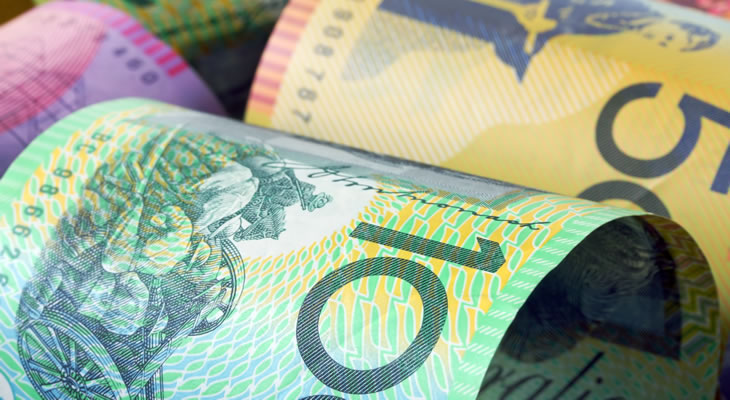GBP/AUD Exchange Rate Down as Brexit Uncertainty Continues with Possible Postponement of Key Vote
The Pound Sterling Australian Dollar (GBP/AUD) exchange rate is down 0.8% today, and is currently trading at AUD$1.7546, as Brexit uncertainty continues to rattle currency markets, with the latest news being that Prime Minister Theresa May could be seeking to postpone tomorrow’s parliamentary vote.
GBP was already under pressure today following the announcement by the European Court of Justice’s (ECJ) ruling on Article 50 – enabling the UK to unilaterally revoke the Brexit process – putting pressure on the Government as a second referendum becomes more attractive to some MPs.
Brexiter Jacob Rees-Mogg, however, commented:
‘I think this government would find it very difficult to remain the government if it went away from what it said in its manifesto and the referendum result.’
Overnight, meanwhile, the ‘Aussie’ gained some support against Sterling after Christopher Kent, the Assistant Governor for the Reserve Bank of Australia, said that a hike in interest rates was ‘likely’ due to a forecasted ‘gradual fall in unemployment and a gradual rise in inflation.’
GBP/AUD Exchange Rate Dips as Sterling is Pummelled by Today’s Slew of UK Data
The Pound (GBP) took a further pummelling from today’s slew of data releases, with the UK’s manufacturing production for October decreasing to -0.9% – a -1.1% drop against September’s figure.
This was followed by the release of October’s UK industrial production for October, which also dropped ‑0.6% against September’s 0.0%.
Today also saw release of the UK’s non-EU trade balance figures for October, which showed £‑4.251B against September’s £-2.946B.
Following this was also the release of the UK’s total trade balance for October, which showed a further decrease.
Most importantly for the UK today was the release of October’s GDP figures, which buffered some of today’s losses, as they showed a small increase against last month’s figure, rising to 0.1% growth on the month.
However, these figures were overshadowed by Brexit concerns, with Theresa May’s likely postponement of tomorrow’s vote shocking markets and opposition leader, Jeremy Corbyn, saying that the Government has ‘lost the confidence of the Commons’ and calling for a general election.
Australian Pound Sterling (AUD/GBP) Exchange Rate Rises as Home Loans Increase
The Australian Dollar (AUD) was further strengthened against Sterling today with the release of October’s home loans figures, which showed an increase at 2.2% against last month’s -1.0%.
These were followed by the release of the Australia Bureau of Statistics’ investment lending for homes figures for October, which also showed an increase.
Senior Economist at the Westpac Bank, Matthew Hassan, commented:
‘Housing finance approvals firmed, reversing some of the sharp weakening over the previous two months, suggesting some of this weakness may have related to processing delays as lenders apply more rigorous assessments.’
AUD investors have, however, remained cautious with the recent signs of US-China trade tensions renewing after the arrest the Chinese tech giant Huawei’s global chief financial officer last week.
Tomorrow will see the release of Australia’s Q3 house price index, which are expected to fall, further dampening market confidence in the ‘Aussie’.
GBP/AUD Outlook: Crucial Brexit Vote and US-China Trade Tensions Remain in Focus
The Pound Sterling Australian Dollar (GBP/AUD) exchange rate is likely to be dominated by political forces this week, with investors following every Brexit related headline.
Nevertheless, tomorrow may see some support for the Pound if the UK’s October average earning figures show any signs of an increase.
These will be followed by the release of October’s unemployment figures, with investors’ paying close attention to any changes.
AUD investors, meanwhile, will be paying close attention to global political tensions, as the risk-averse ‘Aussie’ remains sensitive to continuing signs of US-China fallout.
Lastly, tomorrow will see the release of Australia’s consumer confidence figures for December.


Comments are closed.